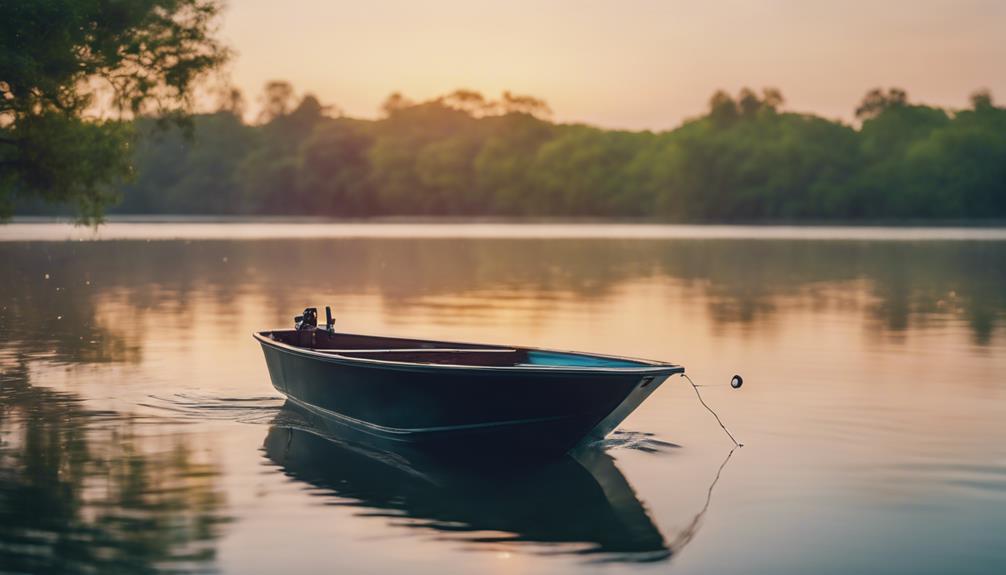Fishing has long been a beloved activity, enjoyed by millions across the globe. Whether you’re a seasoned angler or a curious beginner, the question “can you fish?” encapsulates the excitement, challenges, and rewards of this timeless pursuit. In this comprehensive guide, we will explore the different aspects of fishing, from techniques and equipment to environmental considerations and personal benefits. Whether you’re looking to catch your first fish or simply want to learn more about the sport, this article is designed to provide valuable insights and tips.
The Basics of Fishing: What You Need to Know
When people ask, “can you fish?” they often seek information about the fundamental aspects of this activity. Fishing involves catching fish from various bodies of water, including rivers, lakes, oceans, and ponds. To get started, you’ll need a few essential items such as a fishing rod, reel, line, hooks, and bait. Understanding the different types of fishing—such as freshwater versus saltwater fishing—can also help you decide where to begin your fishing journey. Additionally, familiarizing yourself with local fishing regulations and securing any necessary licenses is crucial to ensure a legal and responsible fishing experience.
Choosing the Right Fishing Gear: A Beginner’s Guide
One of the most common questions for novices is, “can you fish with any gear?” The answer is no; selecting the appropriate gear can significantly impact your fishing success. Beginners should consider starting with a simple spinning rod and reel, which is versatile and easy to use. Your choice of fishing line, hooks, and bait should match the type of fish you intend to catch. For instance, if you’re fishing for bass, using a medium-action rod paired with a monofilament line will work well. Investing in quality gear can enhance your overall experience and increase your chances of catching fish.
Understanding Different Fishing Techniques
Now that you have your gear, you may wonder, “can you fish using various techniques?” Absolutely! There are numerous fishing methods, each tailored to specific environments and fish species. Some popular techniques include fly fishing, baitcasting, trolling, and ice fishing. Each method has its own unique set of skills and strategies. For instance, fly fishing requires the angler to use artificial flies to mimic the movement of insects, while baitcasting involves using live bait to attract fish. Understanding these techniques can help you choose the right approach based on your preferences and the conditions of the water.
The Importance of Bait: Live vs. Artificial
When considering the question, “can you fish without bait?” you’ll find that bait is an integral part of the fishing process. Bait can be classified into two main categories: live bait and artificial bait. Live bait, such as worms, minnows, or crickets, is often more effective in attracting fish because it mimics their natural food sources. On the other hand, artificial lures come in various shapes, sizes, and colors and can be used to simulate the movement and appearance of prey. Each type of bait has its advantages and disadvantages, so experimenting with both can help you determine what works best for your fishing style.
Fishing Locations: Where to Cast Your Line
The question “can you fish anywhere?” is one that many anglers ponder. While fishing is a popular pastime enjoyed in numerous locations, not all bodies of water are suitable for fishing. Lakes, rivers, and oceans each offer unique fishing opportunities, but they also come with challenges. Researching local fishing spots can help you discover the best locations to cast your line. Additionally, understanding seasonal patterns can increase your chances of a successful catch. For example, many fish species are more active during certain times of the year, so planning your fishing trips around these periods can yield better results.
The Environmental Impact of Fishing: Sustainability Matters
As you delve deeper into fishing, it’s essential to consider the environmental implications of the activity. The question “can you fish sustainably?” is crucial for preserving fish populations and aquatic ecosystems. Sustainable fishing practices involve adhering to local regulations, practicing catch and release, and being mindful of the species you target. By choosing to fish responsibly, you contribute to the health of our waterways and ensure that future generations can enjoy this beloved pastime. Educating yourself about conservation efforts and participating in local clean-up initiatives can also make a significant impact on the environment.
The Health Benefits of Fishing: More Than Just a Hobby
Engaging in fishing offers more than just the thrill of the catch; it also provides numerous health benefits. Many people wonder, “can you fish for health benefits?” The answer is a resounding yes! Fishing is an excellent way to reduce stress, improve mental health, and promote physical activity. The time spent outdoors, coupled with the tranquility of nature, can help alleviate anxiety and enhance overall well-being. Additionally, fishing often involves walking, hiking, or kayaking, which can contribute to improved physical fitness. So not only is fishing a fun hobby, but it can also be a valuable part of a healthy lifestyle.
Conclusion: Embracing the Fishing Experience
In response to the question “can you fish?” the answer is not just about the act itself but encompasses a variety of experiences, techniques, and benefits. Whether you’re casting your line for the first time or you’re a seasoned angler looking to refine your skills, fishing offers a unique opportunity to connect with nature, enjoy quality time with friends and family, and even experience the thrill of catching your next big fish. By understanding the basics, choosing the right gear, and practicing sustainable fishing, you can make the most of this rewarding activity. So grab your rod, head to your favorite fishing spot, and embrace the adventure that awaits you!
By following these guidelines and insights, you’ll not only enhance your fishing skills but also deepen your appreciation for this timeless pastime. Happy fishing!
